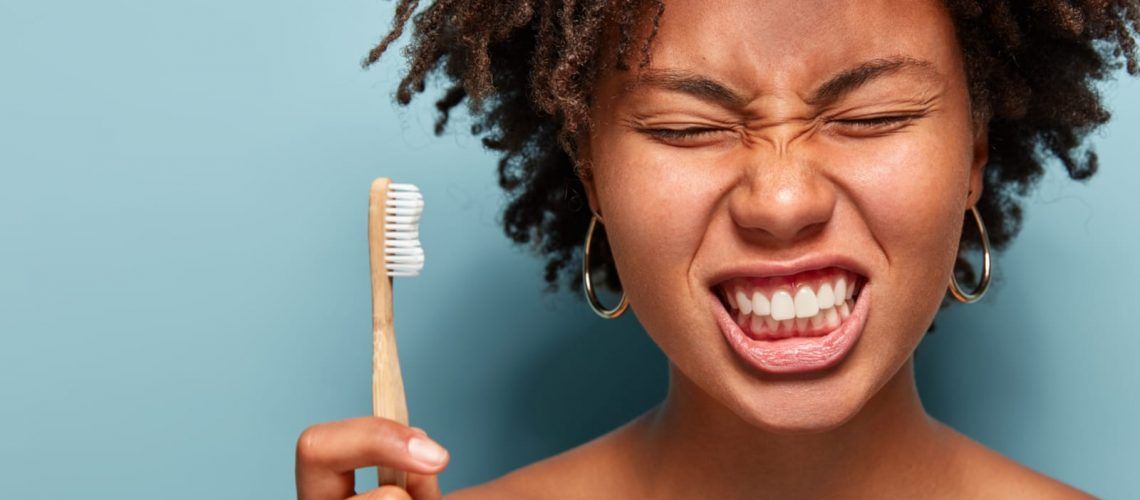All our lives we’ve had brushing our teeth emphasized as an important part of maintaining good oral health. The ability of a regular brushing regimen to eliminate plaque, prevent the formation of tartar, and reduce the risk of getting cavities is well known. What isn’t as well known is that improper brushing techniques, including overbrushing, can actually damage your teeth and have long-lasting consequences if not corrected. We’re going to explore proper brushing techniques and how to know if you’re overdoing it.
In brushing, as in all things, proper technique is key
Proper Brushing Techniques For Good Oral Health
First, let’s do a quick recap about how to properly brush your teeth. While we’ve all been brushing our teeth for years, it’s important to occasionally review proper techniques to guarantee we’re getting the most out of our hygiene practices. To ensure that you’re getting the best results, always follow these guidelines:
- Use a 45-degree angle when brushing
- Only move your brush in short strokes, about the width of a tooth
- Make sure you cover the inner, outer, and brushing surfaces of your teeth
- Cleaning the inside of your teeth is best accomplished by holding the brush vertically
In addition, be sure you’re using medium or soft-bristled toothbrushes, and avoid abrasive toothpaste. Charcoal whitening toothpaste is one example that should be avoided or used only sparingly due to its exceptionally abrasive nature.
Always stick to medium or soft bristles when selecting your toothbrush.
4 Signs You May Be Overdoing It
Now that you’ve learned how to properly brush your teeth, it’s time to know how to tell when you’re not doing it correctly. Each of the following symptoms can appear for various reasons. One of the least known is improper brushing that has damaged your teeth.
- Bleeding Gums – Do your gums bleed after brushing? While this can be a sign of gum disease, it can also mean that you’re brushing your gums too hard or too often.
- Sensitive Teeth – Sensitive teeth can result from decay or dental whitening and can also be the result of over-brushing. Brushing too much can damage your enamel, resulting in the sensitive nerves being exposed.
- Brushing After Meals – Many of us grew up with the idea that brushing after every meal can help ensure great oral health. Unfortunately, it can also mean you’re damaging enamel and irritating your gums. This can be attributed to the softening effect acid has on the teeth.
- Orthodontic Problems – Caring for Orthodontics can be challenging and can make patients with them show an overabundance of caution in cleaning. Overbrushing can actually damage the orthodontic appliance, wear down cosmetic treatments like veneers, or knock dental bridges out of alignment. If you discover this happening, contact your dentist.
When caring for your teeth, remember that there is always the possibility of too much of a good thing. Consult with your dental professional to learn how to care for your teeth properly and to ensure you aren’t overdoing it.



